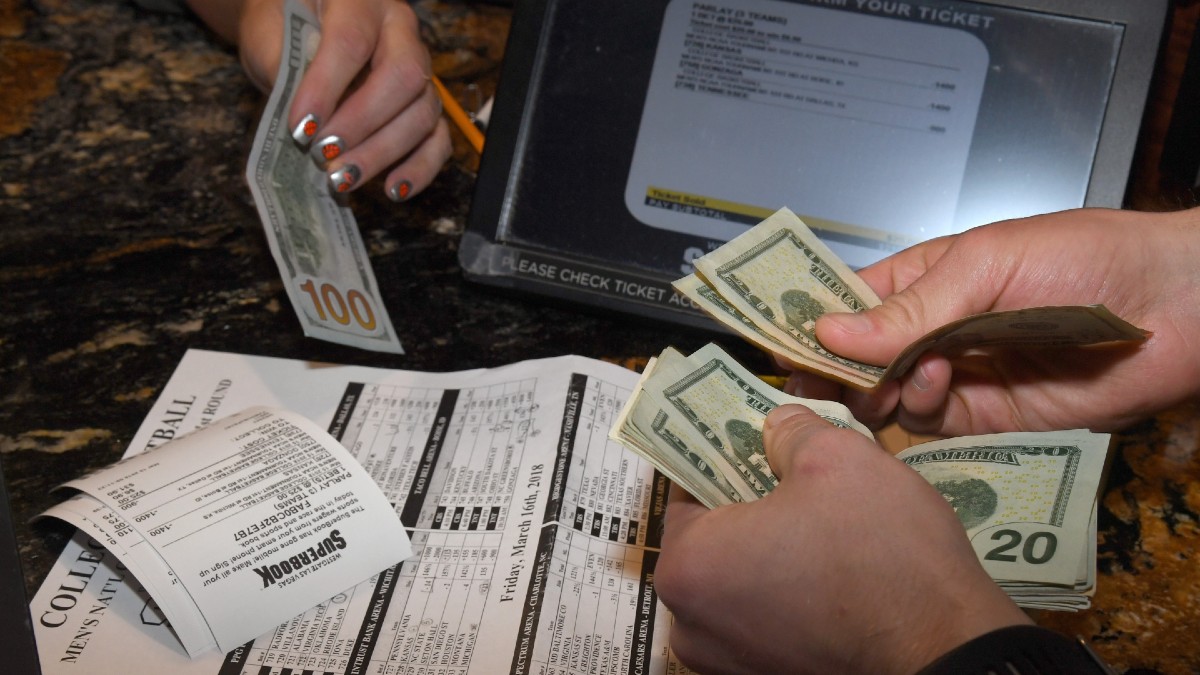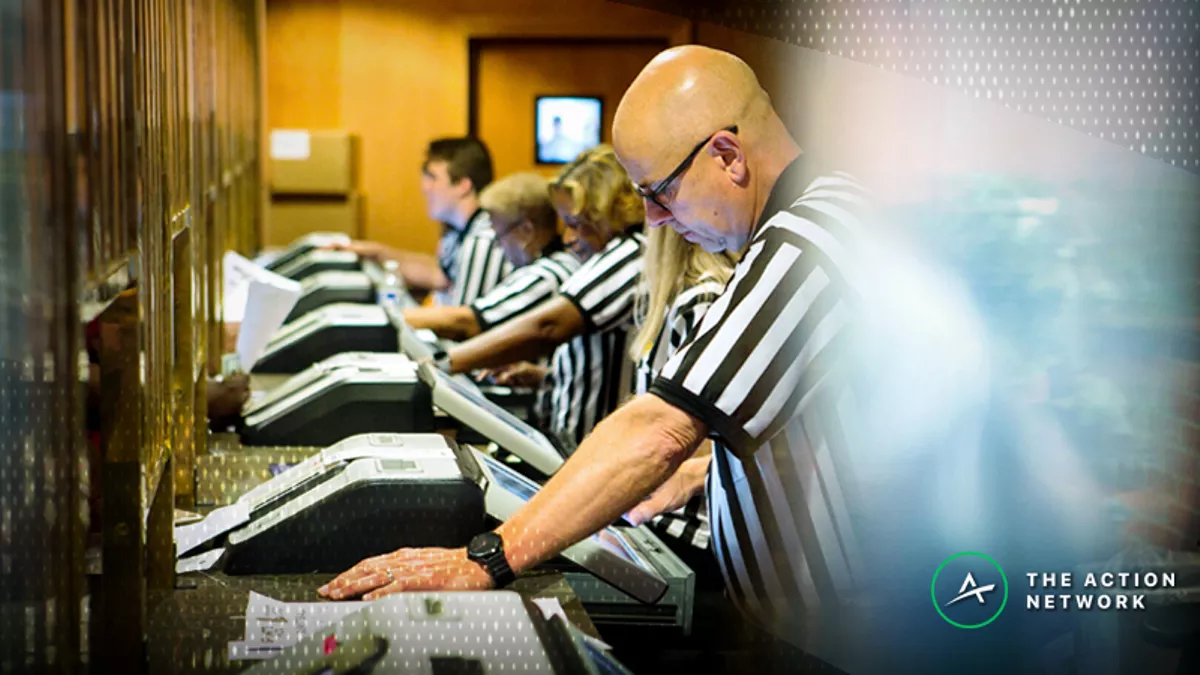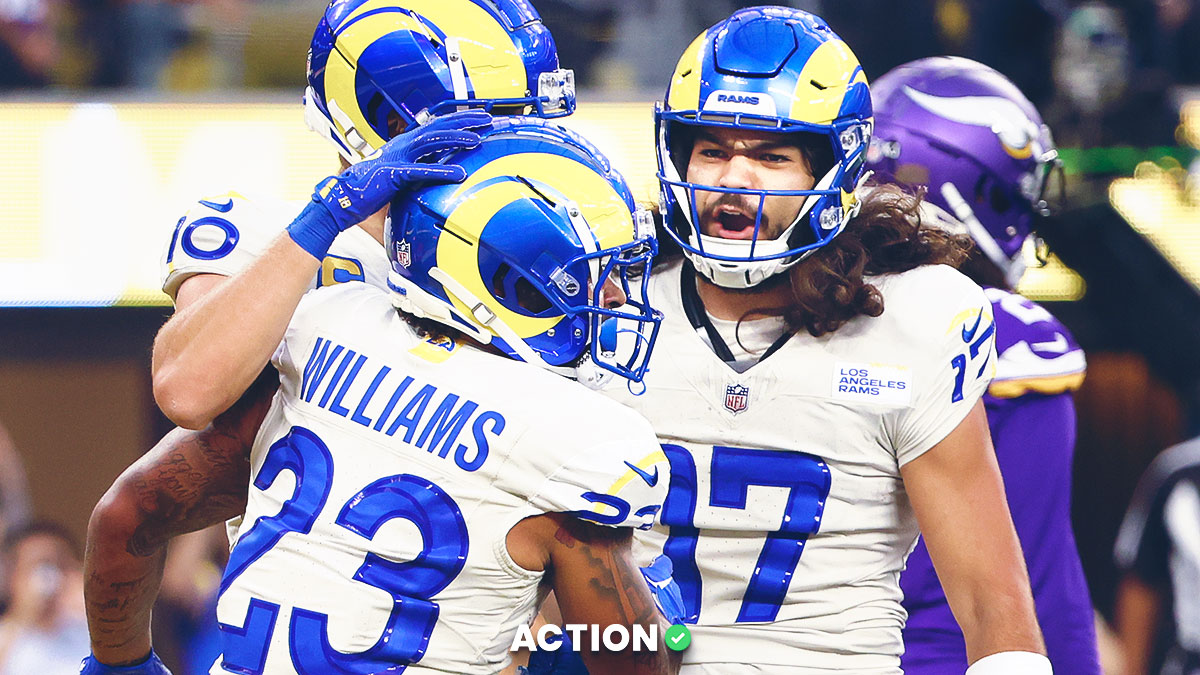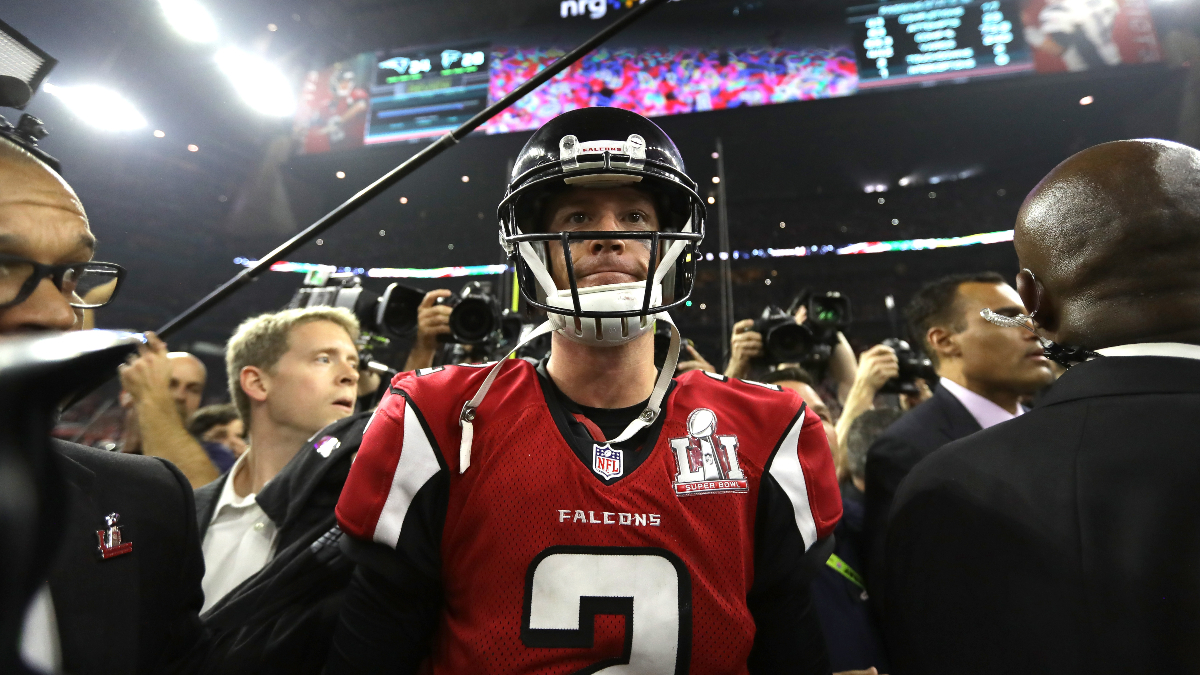A unit in sports betting is a measure used to standardize betting performance without showing the actual dollar amounts.
For one person, a typical bet might be $20, so 1 unit would be $20. For someone else, $200 may be a typical bet, which might be 1 unit for them.
From an ROI perspective, it's much more impressive to win $150 betting $10 per game than to win $150 betting $100 per game over the same number of games.
We like to encourage a flat-betting approach here, so sports betting units should be a fixed value — if you usually bet $20 on a game, one unit for you is $20. If you typically bet $100, one unit is $100.
How Do I Pick My Unit Size?
Whatever you feel comfortable betting on a single game should be your unit size.
Some will advocate betting 3% of your bankroll on each play. So if you have $1,000 to spend on sports betting for a year, you should be betting $30 per game. Therefore one unit would be $30.
But most casual sports bettors don't have preset bankrolls. They don't set aside $1,000 for a season and assume they'll lose it. They just sort of … bet.
So pick a standard bet size you feel financially comfortable with, and stick pretty close to that.
How Do I Calculate Units?
Before you calculate sports betting units, you'll need to know how to read American odds.
Let's say you're wagering 1 unit on Ohio State -6.5 at -110.
That -110 is the 10% tax that sportsbooks will collect from the bet, so you'll win 10% less than 1 unit if Ohio State covers the spread.

Because of that 10% cut, you'll win .91 units if Ohio State covers the spread.
If your standard unit is $20, that means you'll win $18.18.
To compensate for what I call the Loose Change Effect — nobody likes pennies, even though sports betting is digital now and you're not actually handling change — many bettors will deal in even numbers.
Therefore they will often risk 1.1 units to win 1 unit. In that scenario, you'd be betting $22 to win $20. This is not necessarily the correct approach, but one many American sports bettors take.
If you want to learn more to help you bet smartly on college football, here are additional resources to check out:
The Truth About Units
Units are kind of a myth. You really shouldn't be deviating from your standard bet size all that much.
Say your standard bet size is $20.
Betting 10 units ($200) on a game because you're extra confident, when you usually bet 1 unit ($20), is a good way to go broke.
That's not to say you can't vary your bet size slightly. But if you're betting five units on one game and two units on the next, you're varying too much. In the world of sports betting, managing your betting units is crucial for long-term success. One way savvy bettors can improve their strategy is by using a BetMGM promo code.
What If Someone Bets 200 Units?
If someone says they're betting 200 units, they're probably a scammer. Losing four 100-unit bets in a row, then dropping a 500-unit hammer, is a great way to inflate and misrepresent your record.
No successful gambler is going to deviate so drastically from their standard bet size.























































